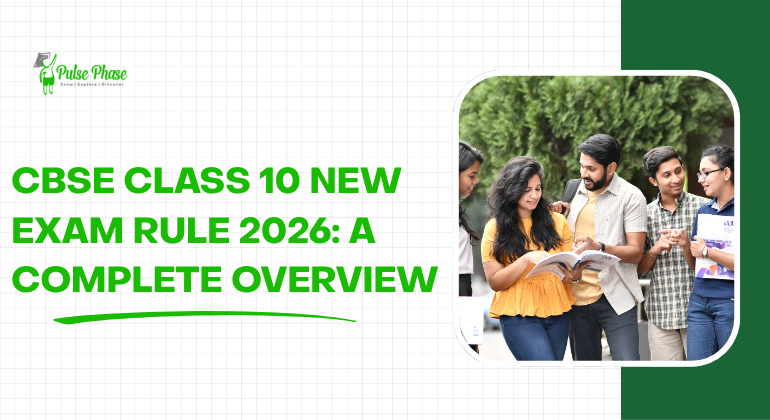Management is not a very popular subject among UPSC exam candidates as geography, public administration or political science. The difficulty of questions asked in this exam is from easy to medium. First of all the aspirants need to cover the whole syllabus before facing the exam if he or she doesn’t want to fail. For that NCERT Books of management and IGNOU study material from the Department of Management Studies are extremely recommended. These books cover almost all the syllabus of Management Preparation Strategy for UPSC. After learning and mastering the basics of the subject, the aspirants need to deep dive into the advanced subject matter.
The first paper of the management exam consists of topics like managerial functions and process, OB and design, HRM, accounting for managers, financial management and Marketing management. The second paper comes highlighting the topics like quantitative techniques in decision making, operations management, MIS, government-business interface, strategic management and International business. So a sound understanding on these topics is a must before sitting the exam. For that a smart study strategy can be followed by the aspirants.
Preparation Strategy for Management as optional
#1 Set your target
Before starting to study the subject, the aspirants need to set a goal for themselves. Their final target is to get a good score and pass the exam. So for that the syllabus needed to study carefully. That where the time tables come in handy. Aspirants can use a time table to arrange and manage the subject matter by separating time for the topics one by one according to their content and difficulty. This time table needs to be finished before the exam. Otherwise it won’t help in finishing the syllabus before the exam.
#2 Prepare proper notes
Management has a pretty big content in its syllabus. So the aspirants need a clean note to go through the subject matter in short. They can organize the notes after going through the syllabus topics separately. Important points can be underlined to make them highlight. Like that aspirants can use their own methods to arrange the notes. They can use those notes before the exam for a quick look at the subject. And also they can be used as short notes which help to remember the special points.
#3 Prepare for important statics with diagrams
Management subjects consist of different types of facts as mentioned above. So the aspirants can feel hard to remember them. That’s where they can use diagrams and statics to remember those points. Diagrams will help to break down the content and it can shorten a long paragraph easily. Those visuals are grabbed by the reader’s mind and can be remembered fast.
#4 Topic-wise Enhancement
Management optional subjects have a big amount of content separated under a number of topics. Some are easy to remember while the others are not. That’s why the aspirants need to go through those topics one by one without mixing them. They can follow the basic and easy topics first and advanced and hard topics second. It will be very helpful to elaborate the content more and more. So this topic-wise enhancement is a great strategy to master the management syllabus.
#5 Practice previous year questions
After studying and understanding the whole syllabus it’s time to check what you learnt. Aspirants can find for the past year papers on the management subject and write them as they are writing the exact exam. After that they can correct their answers themselves so that they can understand their own mistakes. This method will be very efficient if the aspirant does these past papers when they are close to the exam.
Bottom Line
If the candidates have a great determination, reaching success is simple. Following all those strategies correctly and arranging the work according to a timetable is a great way to master this management subject. As a management aspirant he or she must manage their work correctly and so they can finish their syllabus at the right time. The rest time before the exam can be used to go through the past year questions and practice them. All the aspirants need to write clear and descriptive answers according to the given question.
Read More:-




